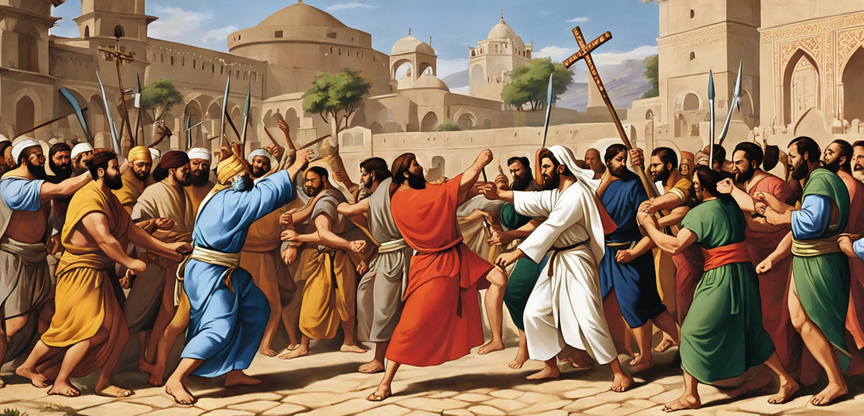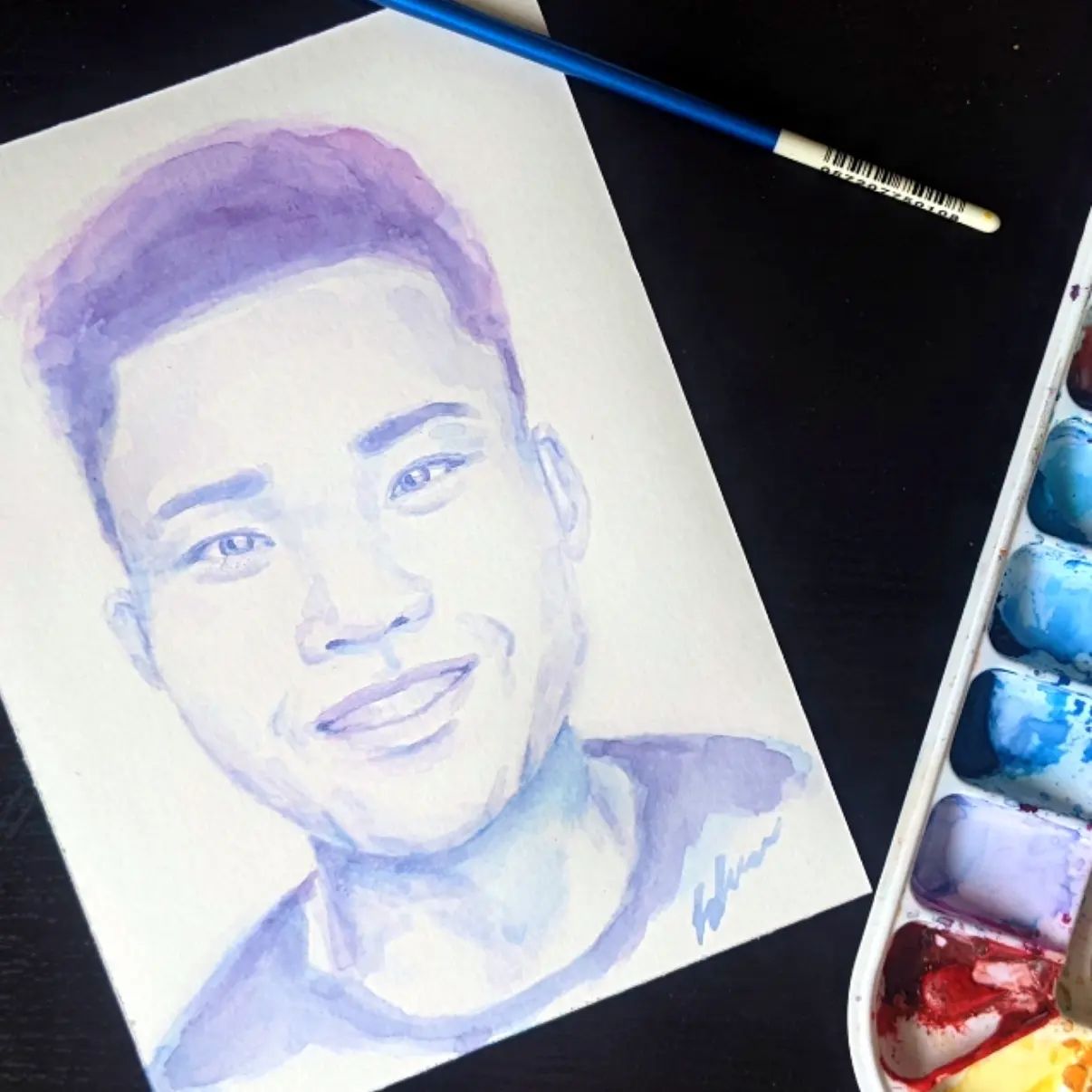I'm Not Like Other Christians
- 4 mins
Intro
I'd like to share my perspective from my time as a Christian. Many progressive Christians find themselves in a challenging position, needing to defend their faith in a politically divisive climate. I believe it's important for them to be less hard on themselves while also critically examining what they defend.
To clarify, the concept of a "good Christian" exists, but it's highly subjective. Who determines what makes someone a good Christian? With various Christian sects each claiming to hold the ultimate truth, this diversity often leads to confusion. Even if you happen to be in the one "right" denomination of Christianity, can you comfortably coexist with the 95% of other Christians who may interpret the word differently?
Today, I've decided to put into words and reflect upon the thoughts that occupied my mind when I identified as a progressive Christian. My hope is that by sharing these reflections, I can provide some insight and assistance to others who may find themselves in a similar situation.
Dear World,
I'm not the kind of Christian who harbors hatred toward gay people.
I'm not the type of Christian who espouses white supremacy.
I'm not the kind of Christian who exploits children at youth events.
I'm not the kind of Christian who interprets the Bible too rigidly.
I'm not the type of Christian who believes in the inferiority of women.
I'm the kind of Christian who believes in love, acceptance, and empathy. I strive to follow the teachings of Jesus that emphasize compassion, kindness, and understanding. I believe in the power of forgiveness and the importance of helping those in need, regardless of their background or beliefs.
I'm the kind of Christian who recognizes that faith is a deeply personal journey, and I respect the diverse paths that people take in their spiritual lives. I believe that dialogue and open-mindedness are essential in fostering understanding among individuals with different perspectives.
I'm the kind of Christian who values inclusivity and believes that everyone, regardless of their sexual orientation, race, or gender, deserves love and respect. I reject discrimination in all its forms and advocate for a more inclusive and loving world.
I'm the kind of Christian who understands that the Bible contains profound wisdom and moral lessons but also recognizes the importance of interpreting its teachings in a modern context. I believe in the power of critical thinking and the evolution of understanding.
I'm the kind of Christian who seeks common ground with people of all backgrounds and faiths. I believe that through dialogue and cooperation, we can work together to create a better world for everyone.
In a world where religious beliefs can sometimes be divisive, I'm the kind of Christian who strives to be a unifying force, promoting love, compassion, and understanding as the core principles of my faith.
Prone to Misinterpretation
By the day's end, the frustration of repeatedly clarifying that you aren't a fundamentalist becomes overwhelming. It dawns on you that the Bible, far from being infallible, is remarkably susceptible to misinterpretation. You can't help but question how an all-powerful, omniscient God could inspire or allow a book that could be wielded as a weapon against the vulnerable.
That's when it struck me: the issue wasn't solely with those misinterpreting the Bible, but with the Bible itself. How could we fault other Christians for misconstruing literature written centuries ago? If God were indeed real and intended for us to aid the marginalized, why choose such a perplexing text? Don't tell me we have to study the Bible—such a notion disregards the fact that not everyone possesses the privilege of literacy, something an all-knowing God would surely have been aware of.

Internal Battlefield
Progressive Christians, who find themselves in a situation where they have to constantly defend their progressive beliefs within a more conservative religious community, may experience a range of psychological and emotional challenges. These can include:
- Identity Struggles: They often grapple with their identity within a more conservative religious community, leading to questions about belonging and self-worth.
- Social Isolation: They may experience isolation, ostracism, or judgment from their faith community, resulting in feelings of loneliness and displacement.
- Emotional Strain: Constantly defending progressive beliefs can lead to stress, anxiety, guilt, and even depression.
- Seeking Validation: They often seek validation and support from like-minded individuals or interfaith communities to find understanding and belonging.
- Loss of Belonging: Progressive Christians may feel a loss of belonging or a sense of displacement within their religious community. This can be emotionally painful, as community and belonging are often central to religious identity.
- Spiritual Evolution: Some experience a shift in spirituality toward a more inclusive and values-aligned faith.
It's important to note that the experiences of progressive Christians can vary widely, and not everyone will go through the same psychological challenges. Support from understanding friends, family, or communities can be crucial for their well-being and resilience in the face of these challenges.



